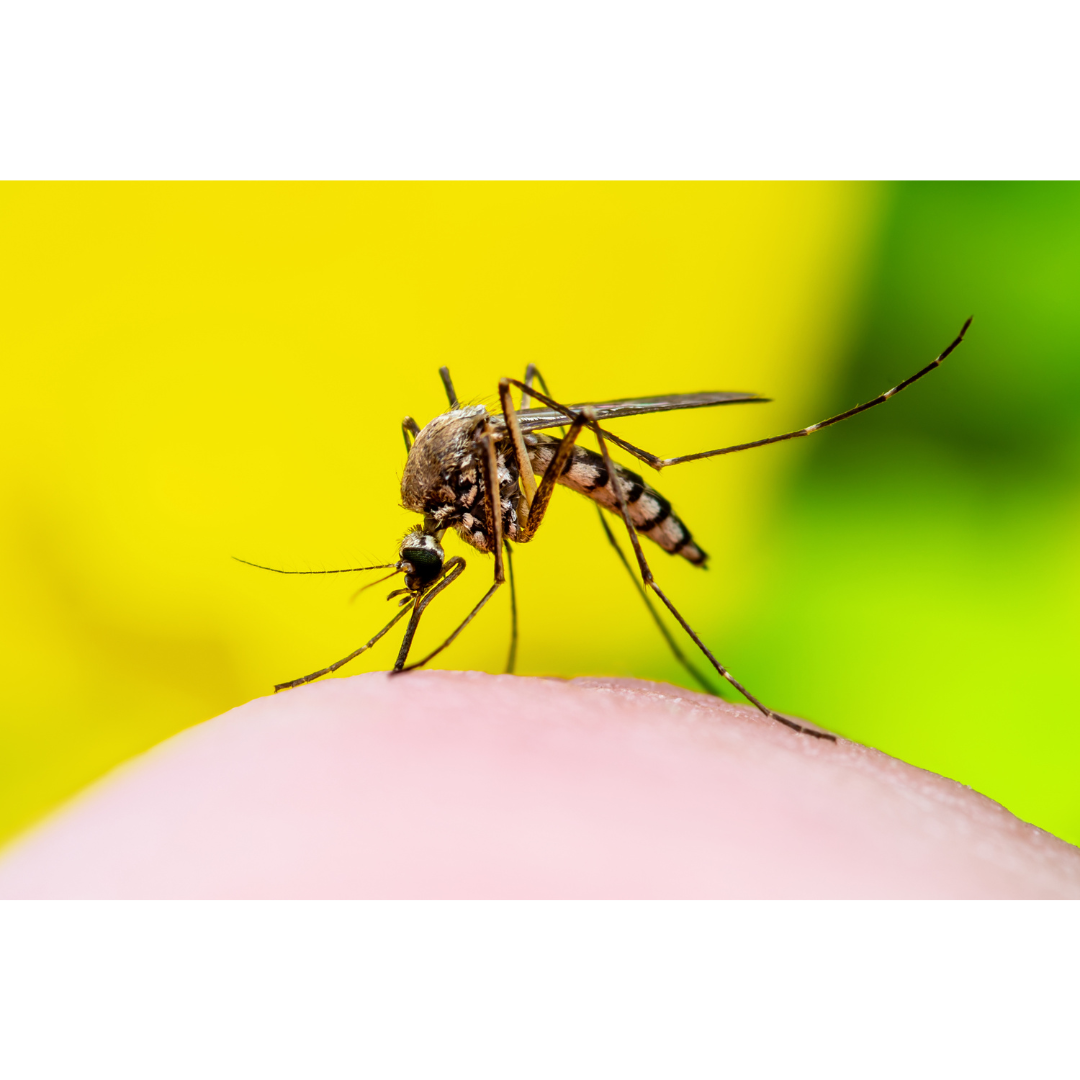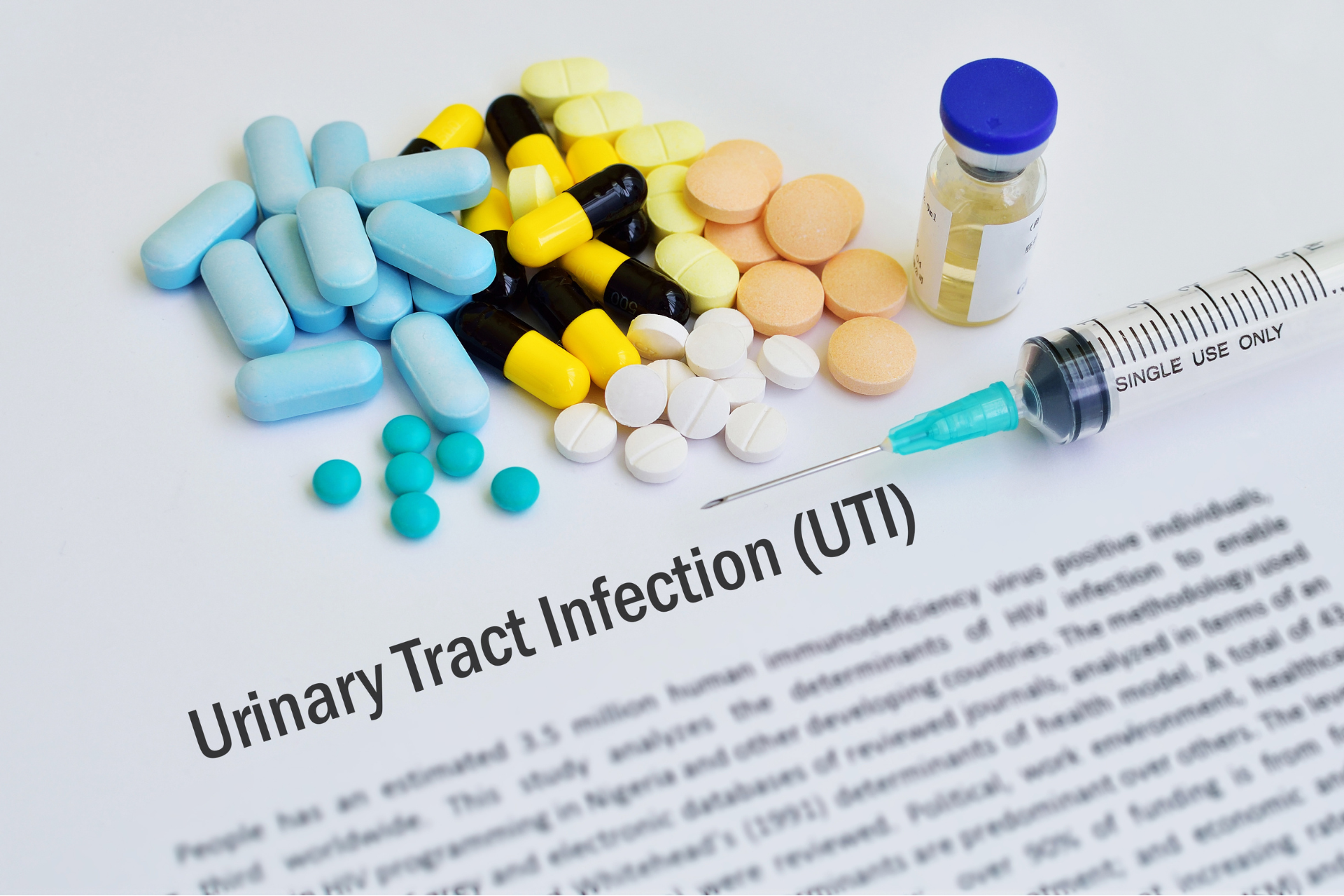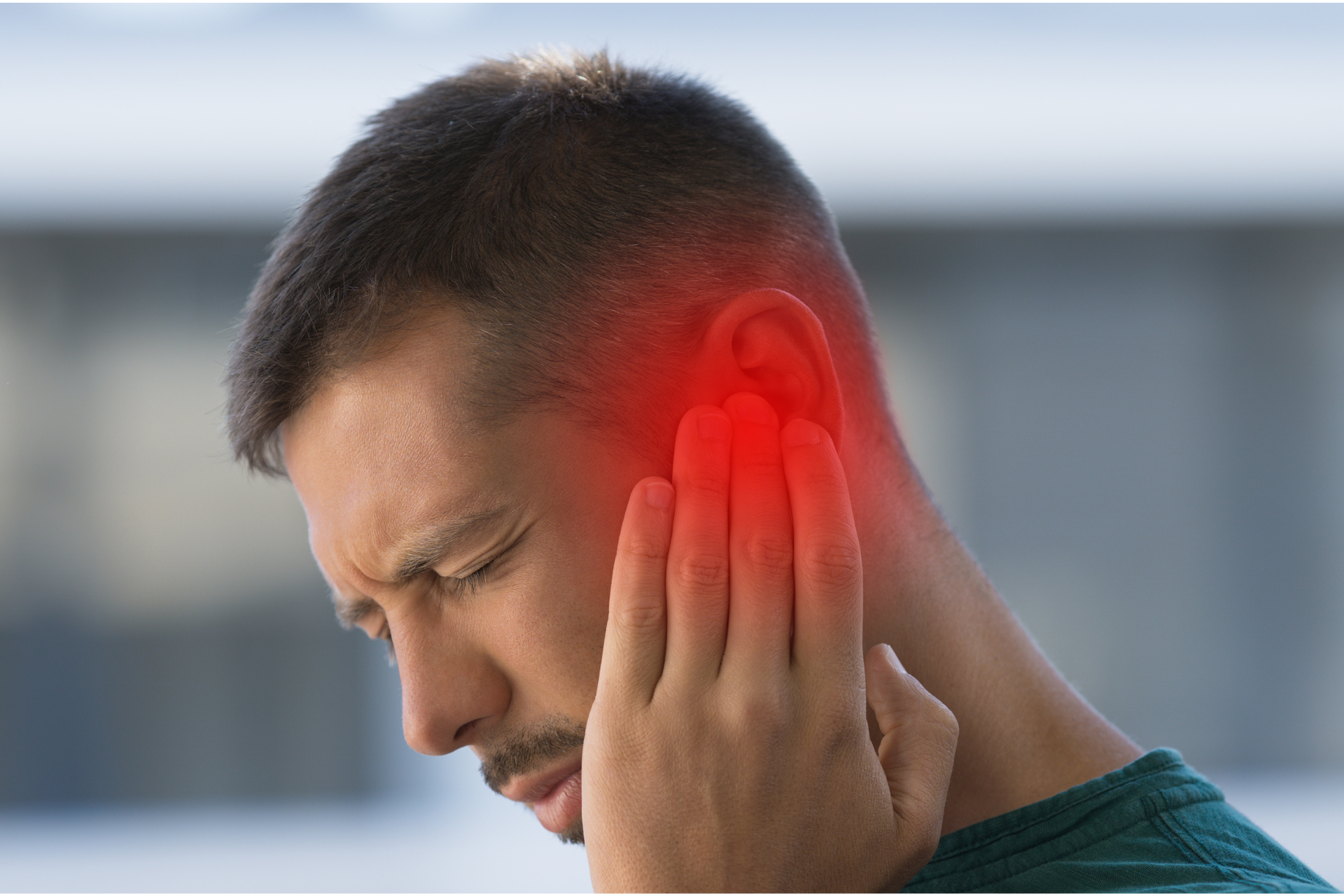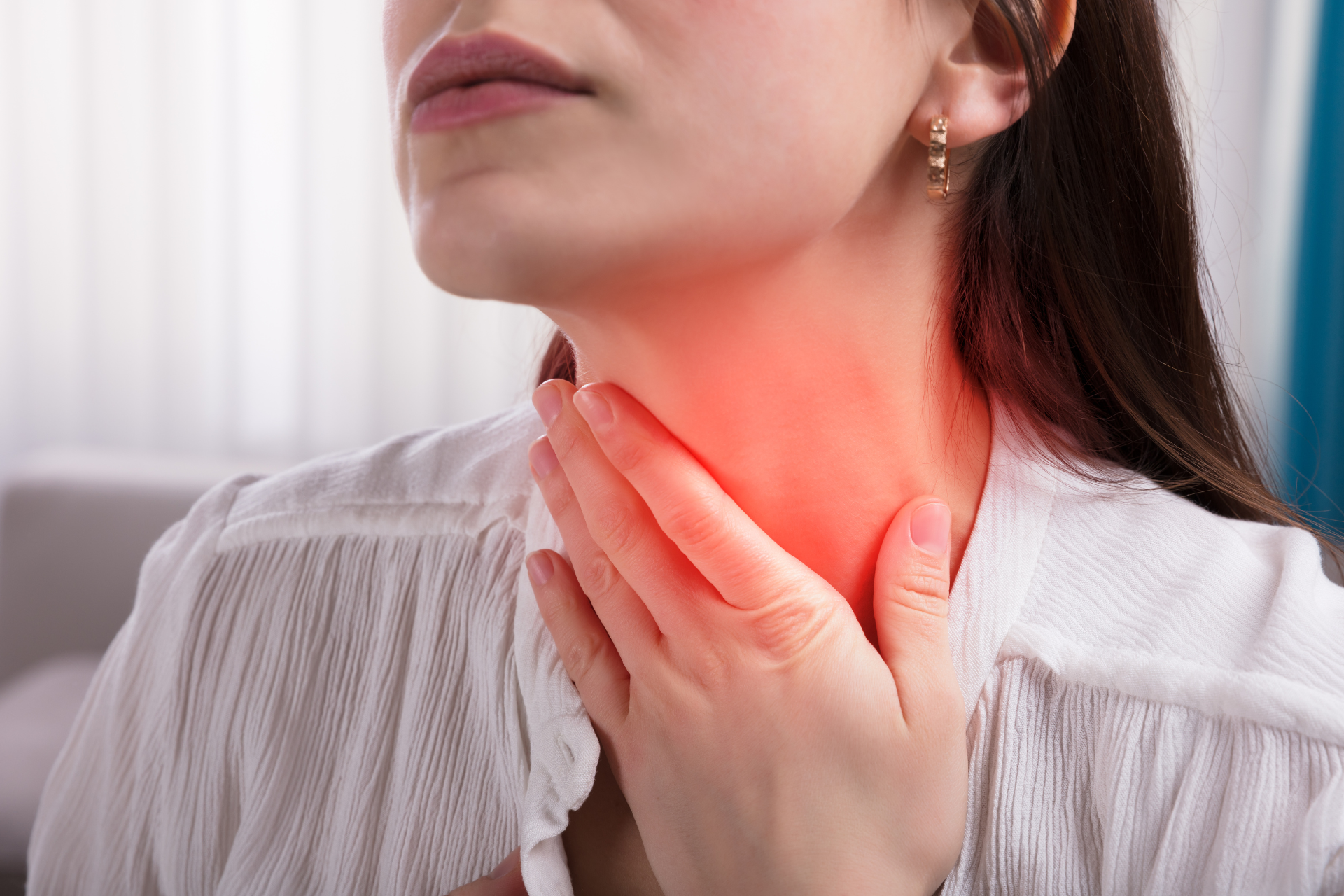Symptoms of menopause: how to reverse them?
Menopause is a natural stage for women as they get older! It can be an incredibly hard time because, there are a variety of challenging symptoms that can create pandemonium for a woman and together may significantly affect quality of life. Here we will outline the most common symptoms of menopause and show you some ways to ease them, making the menopausal transition undoubtably more manageable.
Symptoms of menopause
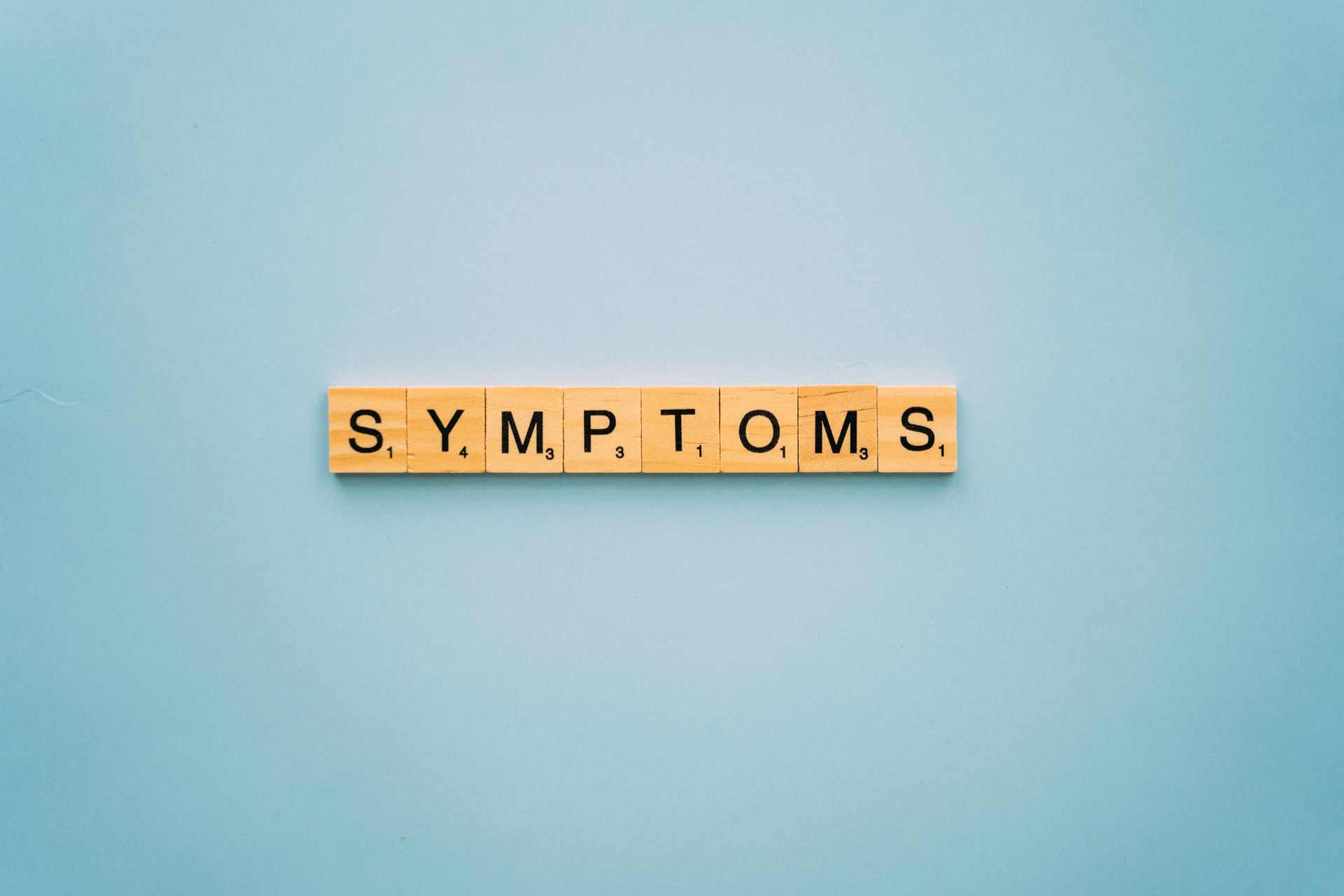
Mental health symptoms:
- Brain fog –a wide variety of symptoms affecting memory or concentration including forgetfulness, slowed thinking, mental fatigue, poor concentration, and confusion.
- mood swings – During menopause hormone production of oestrogen decreases which can affect hormones in your body leading to a sudden change in mood. These changes in mood can create strong feelings of anxiety or depression.
Physical symptoms:
- Hot flushes – Creating episodes of sudden hot or cold sensations in the person’s face, neck and chest which can make you feel dizzy.
- Disturbed, poor-quality sleep / night sweats – a symptom of excessive night-time sweating frequently resulting in interrupted sleep.
- Heart palpitations – heartbeat becomes suddenly noticeable with palpitations lasting several seconds or many minutes.
- Headaches, migraines – these can be more painful headaches or last longer than normal.
- Muscle / joint ache – muscles and joints can ache for no clear reason.
- Weight gain – during menopause many women experience weight gain which can be accompanied by a change in body shape. In particular thickening of the waist.
- Skin conditions – dry skin and itchy skin is a symptom that may occur during menopause resulting from the hormonal changes in the body.
- Reduced libido – Sex drive is often affected during menopause.
- Vaginal dryness - this symptom can be incredibly uncomfortable and can cause discomfort during sex affecting intimacy.
- Recurrent UTIs (urinary tract infections) – UTIs that frequently occur could be a sign of menopause due to hormone changes they become far more common during the menopause.
This is not exhaustive, but we have listed the most common symptoms.
If you are concerned about or want to learn more about other symptoms you think could be menopausal book a consultation with our pharmacist:
https://www.pierremontpharmacy.com/book-an-appointment
Why does menopause occur?
Menopause is a natural stage of in a women’s life, signifying the end of periods and fertility. There are three stages to Menopause. Perimenopause, Menopause and Post menopause. Throughout these stages your body will gradually change and lose production of certain hormones, notably oestrogen. Menopause is most significantly the sign of a woman’s reproductive years having passed.
Do I need to worry about menopause?
It’s natural to have concerns about menopause because going through change can be unpredictable. But there is no need to worry about going through menopause. Our pharmacy and pharmacies across the country offer natural treatments in addition to many medications available to help ease the transition through menopause. Along with the huge range of natural and medical treatments, many thousands of women go through menopause each year meaning there is plenty of support available through friends, family, and support groups. Menopause is not a life-threatening condition, but it is undoubtably important to maintain a healthy diet and lifestyle, if you want to live for many more decades into old age and remain in good health. Post menopause, women certainly have an increased risk of cardiovascular disease, osteoporosis and UTIs. So, having a healthy diet and lifestyle before the menopause will substantially improve quality of life after menopause, as well as reducing the impact of symptoms during menopause.
What can I do to help reduce the symptoms of menopause?
Hormone Replacement Therapy (HRT)
To clarify you can minimise the symptoms, but you cannot prevent the menopausal transition. However, there are many treatments available to help improve the symptoms of menopause. One common treatment to address the symptoms of menopause is HRT. This is the provision of replacement hormones for hormones that will naturally decline during menopause. This will reduce many of the symptoms that come because of the menopausal transition, whilst also reducing many of the related health risks such as osteoporosis and heart disease. HRT is the most common and readily available treatment for menopause. Despite this there are vast alternative treatments you can utilise too.
Testosterone Gel
One treatment option for menopausal symptoms is testosterone gel. This is not just a hormone that effects men it can affect women’s health too! Symptoms this gel treats are reduced sex drive and lowered libido. As a result, is usually prescribed in circumstance where the menopausal symptoms affect sex life. Standard HRT has only limited benefits in terms of symptoms associated with sex drive, which is why testosterone gel may be a better option. Testosterone gel does not cause issue with standard HRT, so both can be prescribed together to relieve a broader range of symptoms.
If you are unsure where to start in treating menopausal symptoms, you can book a consultation with our pharmacist to discuss your next steps:
https://www.pierremontpharmacy.com/book-an-appointment
Oestrogen treatment
Oestrogen treatments can be prescribed. This class of treatment is used to improve more specific symptoms of vaginal dryness and irritated skin. In addition, this can help reduce the chances of contracting numerous UTIs, which is a common susceptibility during menopause. Oestrogen is one of the primary hormones affected by the menopause and is usually the main hormone treatment given to many women throughout the menopause.
What are the risks associated with HRT?
There are some risks associated with HRT… notoriously regarding tablet form. Women over the age of 60 using HRT tablets have a slightly increased risk of cardiovascular disease alongside a slightly higher risk of stroke. This risk can be heightened if HRT treatment is introduced late into menopause. The associated risks can be reduced by decreasing the dose of oral HRT or by using a gel or a patch. Tablet form of HRT is far from a terrible option but carefully consider the risks and benefits when discussing with your doctor or pharmacist.
Blood clots are an additional risk associated with taking oral HRT. In general, the risk of blood clots are low but another crucial risk to discuss with your doctor when considering HRT. The increased risk of blood clots only occurs when taking oral HRT. Therefore, when considering HRT, it is essential to consider both risks and benefits on an individual basis, considering the wider status of the individual’s health and their risk factors. Thus, if increased clotting is a concern, your doctor, will likely prescribe you an HRT treatment that is not oral (tablet) form. Because oestrogen is safer when being absorbed directly through the skin in lower doses.
Another increased risk associated with HRT is breast cancer. Evidence suggests that there are 5 more cases of breast cancer in every 1000 women who take HRT for 5 years. Despite this seemingly small increase in risk (which equates to 0.5% of women), the risk towards women will increase the longer HRT is taken. This is further impacted with the increased risk associated with aging. Fortunately, the risk normalises once HRT is stopped. It’s usually advised that women who have a history of breast cancer do not take HRT, as this puts women in this category at an unnecessarily increased risk of breast cancer. Additionally, doctors are cautious about prescribing HRT in families with a strong history of breast cancer or an increased genetic pre-disposition.
If you have any concerns or inquiries about going through menopause, or HRT treatments, book a consultation with our pharmacist who can advise you on the next steps:
https://www.pierremontpharmacy.com/book-an-appointment
What are the non-medical treatments?
Herbal remedies
After having discussed the prescription and medical approach, we understand that not everyone will want to use a prescription to manage symptoms. Firstly, a woman going through the menopause could make use of herbal remedies. These Remedies:
- primrose oil
- black cohosh
- angelica
- ginseng
- St John’s wort
- red clover
Potentially offer women relief with some symptoms. However, it’s important to remember herbal remedies unlike medical options, do not have scientific evidence to support them. Some people find them helpful but there is no definitive they will help improve your own symptoms. Most of the herbal remedies we have listed have similar impacts. Usually helping to improve hot flushes and mental health symptoms.
Body-Identical Hormones vs Compounded Bioidentical Hormones?
Bioidentical hormone is a term used to describe hormone supplements, which have the same molecular structure as the hormones naturally produced by our body. It’s important to make clear the difference between hormones whose manufacturing is closely regulated and monitored by the appropriate regulatory bodies and unregulated supplements whose content may vary. Body-identical hormones is the term given to hormones that are manufactured to pharmaceutical standards and regulated so that patients using them can stay safe. Many so-called “bioidentical” hormones are plant-based which appear to be an attractive option to those who do not want to use traditional HRT treatments. However, these plant-based treatments are unregulated and may be ineffective or worse, so we don’t recommend them.
Compounded Bioidentical Hormones
Compounded bioidentical hormones are another option women may consider. This is a poorly documented and potentially dangerous treatment. Therefore, many health professionals will advise against using compounded bioidentical hormones to treat menopause symptoms. They could be unsafe, have less effect on your symptoms and they are not regulated.
To put it briefly: Compounded bioidentical hormones, have little evidence about the risks they potentially have towards women’s health or if they are any safer than other treatments. Herbal remedies and traditional HRT treatments are generally monitored for safety by health regulatory bodies whereas compounded bioidentical hormones are not. This makes them an unappealing option.
Finally, if you are worried about going through the menopause or have any other health concerns book a health consultation with a professional to discuss what the best next step is for you. Book a consultation with our pharmacist who can advise you on the next steps:
https://www.pierremontpharmacy.com/book-an-appointment
Recent Posts
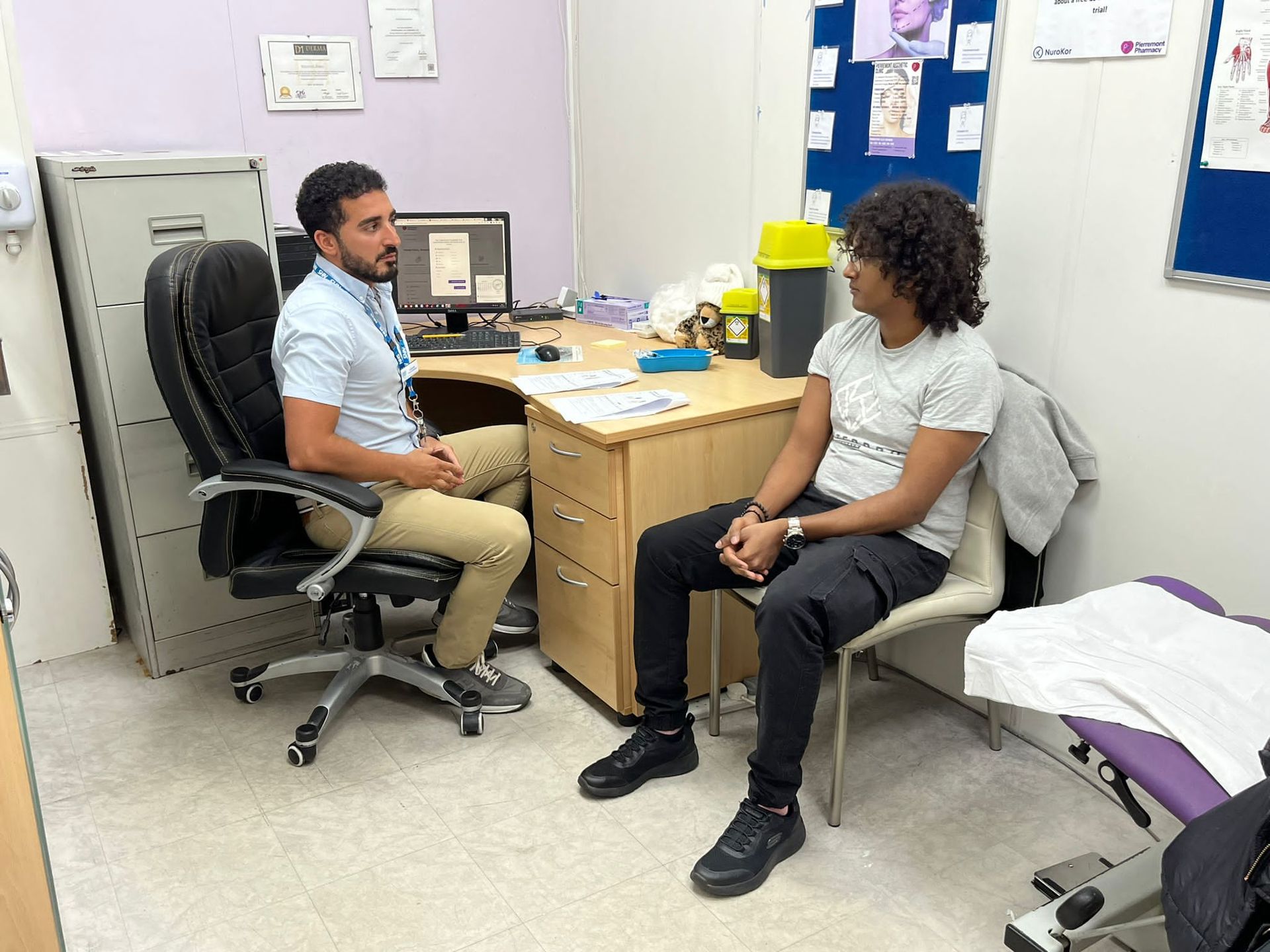
Pierremont Pharmacy,
73-75 High Street,
Broadstairs, Kent,
CT10 1NQ.
Tel: 01843 600309
Fax: 01843 864426
Email: pierremont.pharmacy@nhs.net
Web: www.pierremontpharmacy.com
Company Name:
Manor Pharmacy Broadstairs Limited
Company Registration Number:
7112331
Registered Office:
3 The Metro Centre, Ronsons Way,
St Albans, Herts AL4 9QT
Pharmacy Registration Number:
1092575
© Copyright
| Pulse
